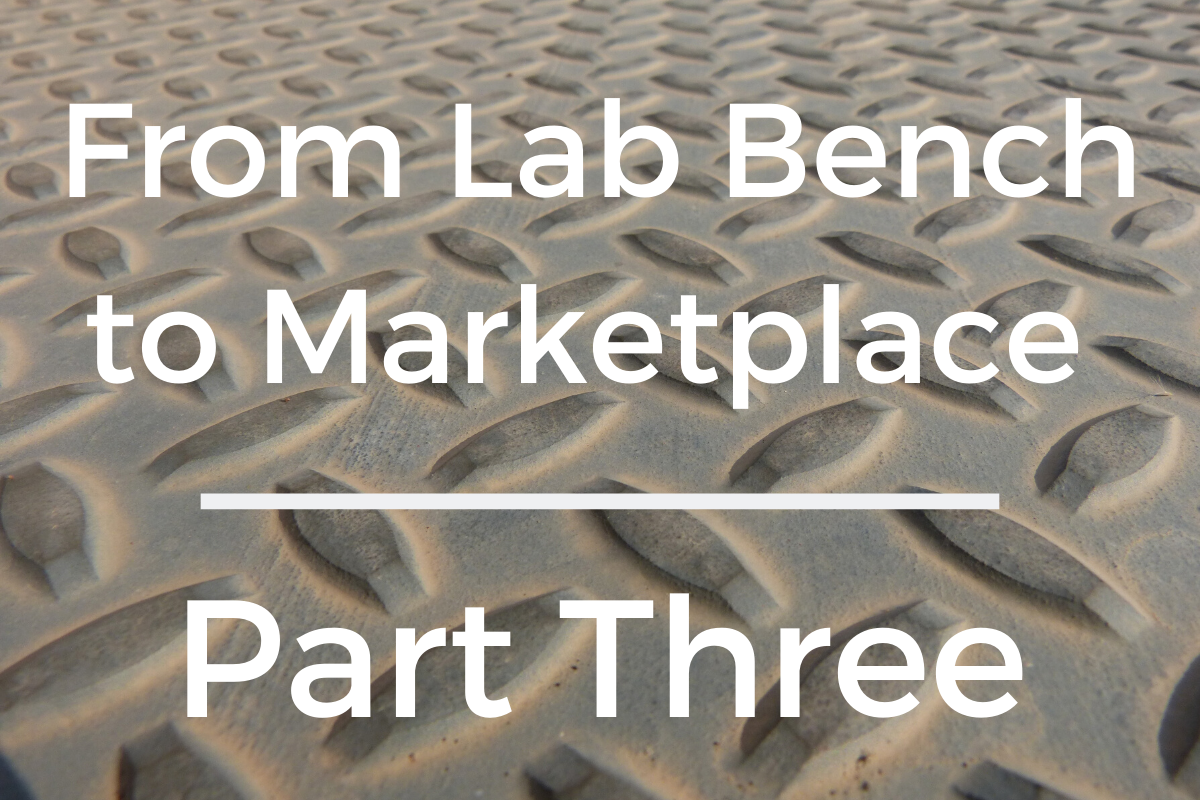How Ontario’s researchers are transforming the water sector
Taking promising research from the lab bench to the marketplace isn’t a simple journey. But with a little help, investigators at Ontario universities are commercializing their discoveries. And the technologies they’ve developed — from high-tech sensors to artificial intelligence and nano-catalysts — promise to change water monitoring, distribution and treatment, both locally and globally.
In Part Three of this mini series, learn about how Kitchener, Ontario-based Emagin Clean Technologies uses artificial intelligence software, first developed by CEO Thouheed Abdul Gaffoor as a Master’s student at the University of Waterloo, to cut operational costs of wastewater facilities by 20 to 30 percent.
Applying artificial intelligence to the water sector
Emagin Clean Technologies believes the water sector is ready to embrace artificial intelligence, following the lead of sectors like financial technology and health care.
The Kitchener, Ontario-based startup’s AI software helps water and wastewater facility operators make better decisions. By scrutinizing data and recommending minute-by-minute optimizations, it boosts operational efficiency, lowers costs and helps plants comply with regulations.
Take the example of wastewater facilities, where sensors track variables like flow rate, temperature, total suspended solids and chemical oxygen demand. Operators use that data to adjust the speed of the air blowers used in anaerobic digestion, cranking them up to deal with more concentrated wastewater or dialing them down to conserve energy when the wastewater is more dilute.
AI offers a helping hand. “It’s able to process more data, and a lot faster, and come up with a more precise value,” explains Emagin’s CEO, Thouheed Abdul Gaffoor. As a result, it can cut operational costs 20 to 30 per cent.
Gaffoor developed the basic technology as a Master’s student at the University of Waterloo. When he decided to commercialize it, his first job was turning the code he developed into a market-ready version. Next, Gaffoor turned to OWC for help understanding the water sector, connecting with potential partners and brokering a pilot project with the Ontario Clean Water Agency.
Things moved quickly from there. Since its launch in 2016, Emagin has attracted more than $2 million in investments, its software is operating in 50 facilities on four continents, and 30 staff now work for the company.
Gaffoor expects that growth to continue as they expand from public utilities into pulp and paper, food and beverage and oil and gas applications. “Our big ambition is to be the leading industrial AI company,” he says.


